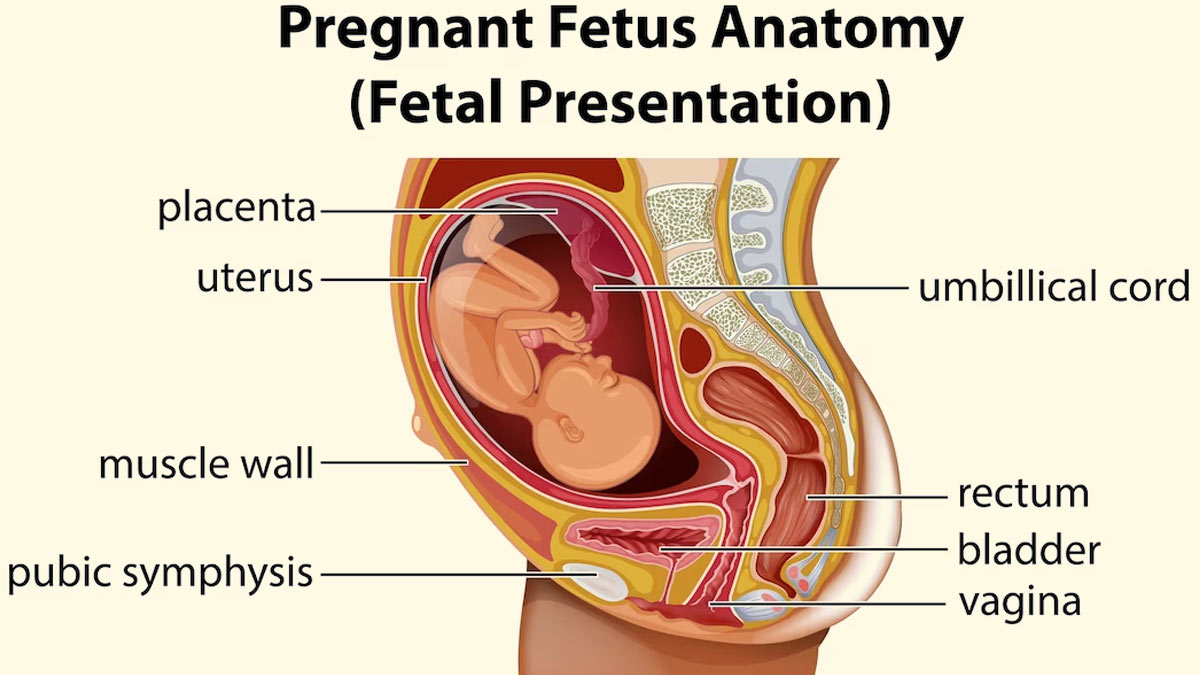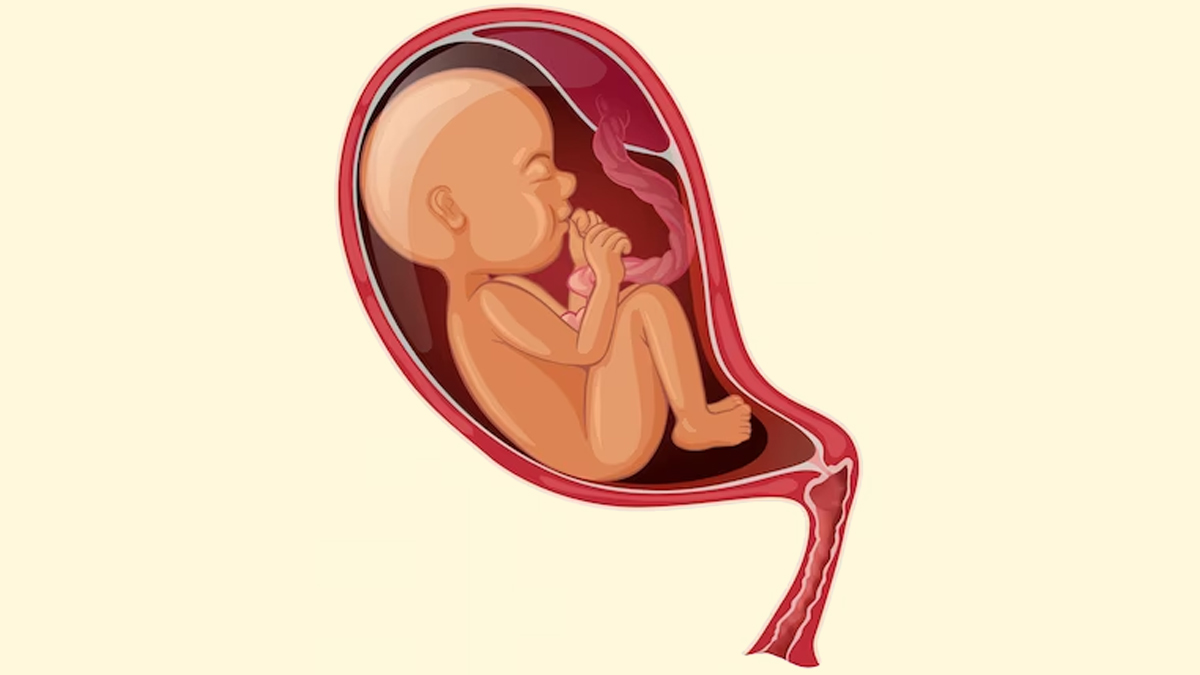
Pregnancy is often considered as a miraculous journey that ends in the joyful arrival of a newborn. However, this transformative process is not without its risks. Postpartum haemorrhage(PPH), defined as excessive bleeding after childbirth, is a prominent cause of maternal morbidity and mortality globally. Abnormal placentation, a disease in which the placenta implants and develops incorrectly within the uterus, increases the risk of PPH considerably.
Table of Content:-
Understanding Abnormal Placentation
Dr Neha Gupta, Senior Consultant, Obstetrics & Gynecology, Fortis Hospital, Noida, said, “Placental implantation abnormalities where placental tissue invades deep into muscles of the uterus especially after multiple caesarean deliveries may provoke haemorrhage.”
According to Dr Gupta, the placenta, a remarkable organ that nurtures and supports the developing foetus, usually attaches to the uterine wall securely. However, in cases of abnormal placentation, this attachment is compromised.

There are three main types of abnormal placentation
Following are the conditions that can disrupt the normal delivery, leading to potential complications, including postpartum haemorrhage.
- Placenta Previa- Placenta previa occurs when the placenta partially or completely covers the cervix.
- Placenta Accreta- Placenta accreta refers to an abnormal attachment of the placenta to the uterine wall
- Placenta increta: placenta increta involves the invasion of the placenta into the muscle of uterus.

Diagnosis
When diagnosed in antenatal by ultrasound and MRI then a multidisciplinary team approach during electively planned caesarean delivery can help avoid lethal bleeding.
Also read: How Exercising In The Early Pregnancy Reduces The Risk Of Gestational Diabetes
This may require a hysterectomy or uterine artery embolisation. However, if the placental invasion is not too deep, the provider can preserve the uterus.
The Link between Abnormal Placentation and Postpartum Haemorrhage
According to research, abnormal placentation can lead to postpartum haemorrhage due to various mechanisms. Firstly, the improper attachment of the placenta can prevent the uterus from contracting effectively after delivery, impairing the body's natural mechanism to control bleeding. Secondly, during the separation of the placenta from the uterine wall, the abnormal adherence can cause damage to blood vessels, resulting in excessive bleeding. Lastly, if attempts to manually remove the placenta are necessary, the risk of severe bleeding increases due to the abnormal adherence.
Risk Factors and Diagnosis
Several risk factors increase the likelihood of abnormal placentation and subsequent postpartum haemorrhage. These include:
- Previous caesarean deliveries
- Uterine surgeries
- Advanced maternal age
- A history of placenta previa
- Multiple pregnancies.
Prenatal ultrasound examinations play an important role in detecting abnormal placentation by visualising the position and development of the placenta. Also, magnetic resonance imaging (MRI) may provide further insight when abnormal placentation is suspected.
Preventive Measures and Management
Preventing postpartum haemorrhage related to abnormal placentation requires a proactive approach. Women with known risk factors should be closely monitored throughout pregnancy. A multidisciplinary team, including obstetricians, maternal-foetal medicine specialists, and anesthesiologists, should be involved in the management and delivery planning.
In some cases, scheduled caesarean deliveries or planned early deliveries may be recommended to reduce the risk. Additionally, the availability of blood products and expertise in managing emergencies should be ensured to promptly address any complications.
Bottomline
Abnormal placentation poses a significant risk for postpartum haemorrhage, that requires early detection and appropriate management. Understanding the relationship between abnormal placentation and postpartum haemorrhage empowers doctors to provide comprehensive care to pregnant individuals.
Also read: Expert Explains How Thyroid Disorders Impact A Woman's Chance Of Pregnancy
Through prenatal assessments, timely interventions, and a collaborative approach, the medical community can mitigate the risks associated with abnormal placentation, ultimately improving maternal outcomes and ensuring the safe delivery of healthy newborns.
Also watch this video
Read Next
Severe Pain During Menstruation? Expert Explains Dysmenorrhoea, Types, Risk Factors, And Treatment
How we keep this article up to date:
We work with experts and keep a close eye on the latest in health and wellness. Whenever there is a new research or helpful information, we update our articles with accurate and useful advice.
Current Version